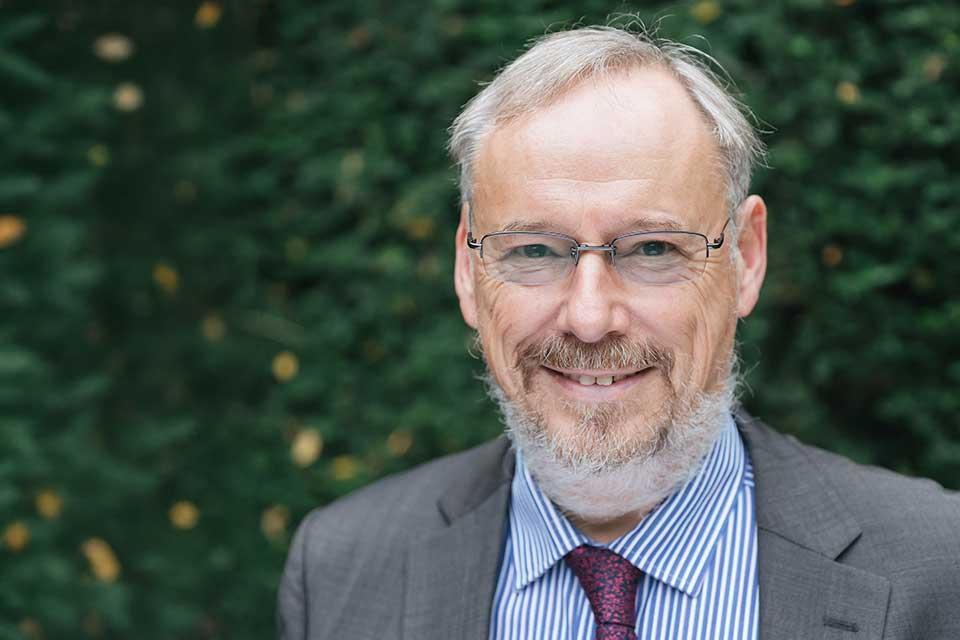Professor Justin Wark has been awarded the American Physical Society’s George E Duvall Shock Compression Science Award 2025. The biennial award recognizes contributions to understanding condensed matter and nonlinear physics through shock compression.
The award recognises Professor Wark’s work with the initial instigation and subsequent development of time-resolved X-ray diffraction from laser-shocked materials, leading to major advances in our understanding of shock-induced plasticity and phase transformations at the lattice level.
Professor Justin Wark's work in shock-compression science has led to new understandings of how matter responds to the application of ultra-high pressures on extremely short time scales. In the mid 1980’s he pioneered a technique whereby solid state matter could be compressed to hundreds of thousands of atmospheres within a few billionths of a second, by laser-ablating a surface layer of a sample, while simultaneously diffracting a short pulse of x-rays from the underlying material, to measure how its crystal structure changes. Subsequent developments over the intervening years have led to the technique being widely applied at many international facilities including the National Ignition Facility in California and the European X-Ray Free-Electron-Laser (XFEL) in Hamburg. X-ray diffraction at pressures of over 20 Mbar have now been achieved (a pressure many times that at the centre of the Earth, and even Neptune) and new understandings at the lattice level of how materials deform and change phase have been obtained. Over the past decade, Professor Wark has championed the construction of a new end-station at the European XFEL, which houses a pressure-inducing laser built in the UK by the Central Laser Facility of the Rutherford Appleton Laboratory. This new facility can perform these high pressure x-ray diffraction experiments at frequencies greater than a Hz, thousands of times faster than anywhere else on the planet.
‘I am delighted and honoured to be the recipient of this award,’ comments Professor Wark. ‘I remember being at the very first conference at which it was awarded in 1987, and feel very humbled when I consider the names and achievements of previous recipients. I am immensely grateful to a whole host of collaborators with whom I have had the privilege of working over many years, both in the UK and internationally. This award is also testament to the skill and hard work of generations of dedicated postdoctoral workers and graduate students within my group, and who have been the real pioneers in this field.’

